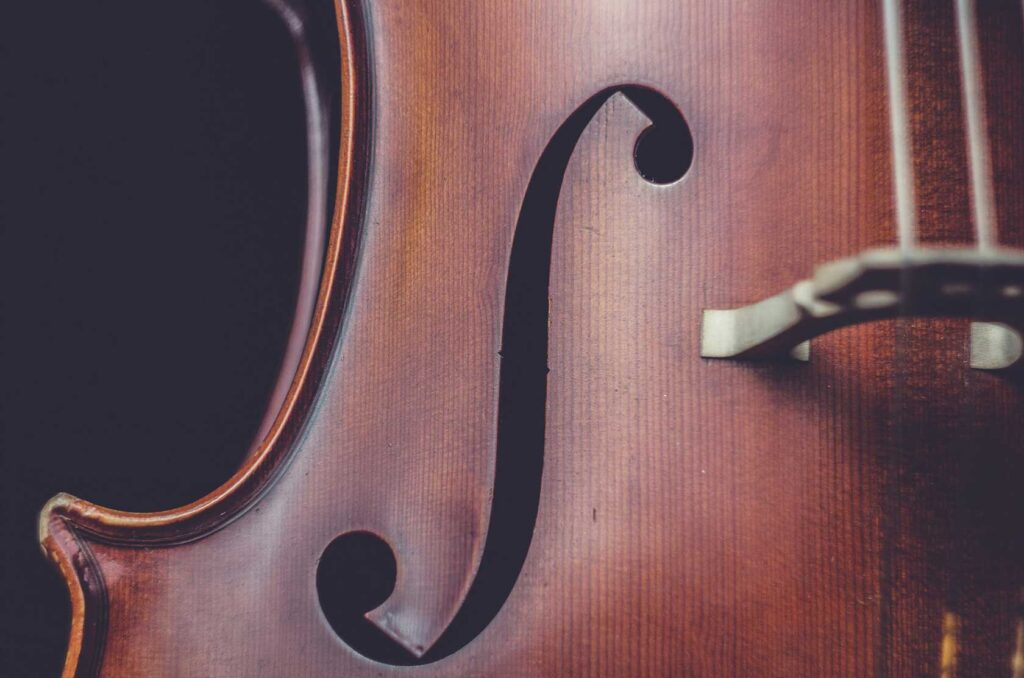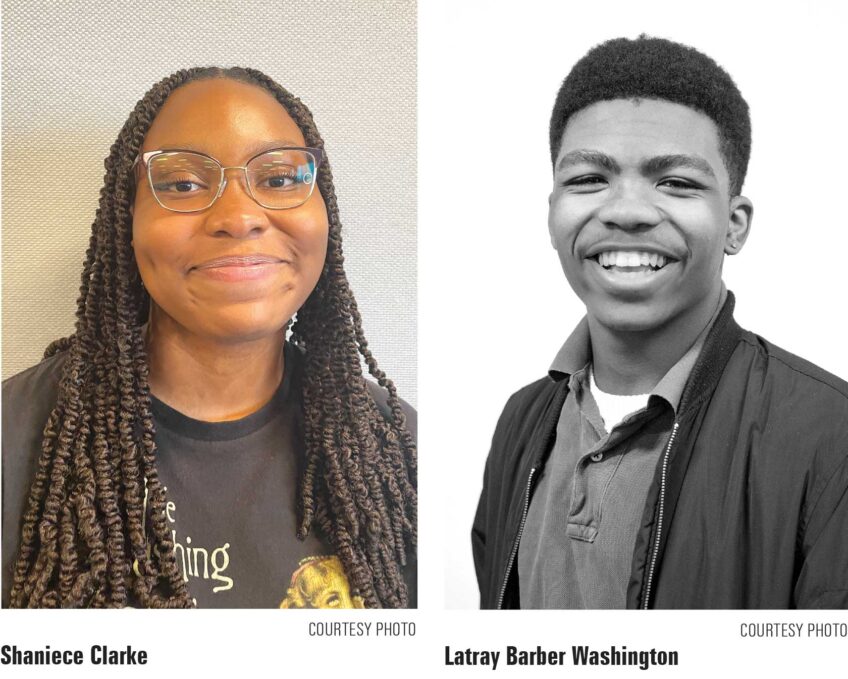
A piece of parchment secured with a wax seal is cracked open, revealing a set of pure gut violin strings. The violin familiarly creaks as it is removed from its case, responding to the gentle touch of its musician. The bow meets the string, and a jolly jig fills the silence. Solomon Northup, a 19th-century freedman and violinist, performs the tune. His proficiency as a Black violinist in that era seems surprising.
Steve McQueen’s 2013 film “12 Years a Slave,” based on Northup’s memoir, illustrates how Black creative genius was overshadowed and suppressed by white supremacy — it is beaten, denigrated, and denied by the historical record.
The Black Orchestral Network (BON) works to support musicians who face intellectual, emotional and material violence that threatens to push them out of the industry.
Black creativity and classical music have long been positioned as being at odds since the founding of the American classical music system. Due to damaging anti-Black frameworks informed by the widely established racial order of the time, Black Americans were not thought to have the cognitive capability of appreciating or playing such an esteemed art form. This exclusion was institutionalized through the founding of the American Musicological Society, in which the establishment of musicology led to its exclusive elitism.
This has affected the development of the classical music canon and performance practices, portraying it as predominantly white, elite and unattainable.
Despite this, Black musicians — from 18th-century composer Chevalier de Saint-Georges to current prominent solo, chamber, commercial and orchestral artists — have been making significant contributions to classical music for centuries. In the face of limited recognition, Black classical musicians have continually impacted the culture and history of classical music. Florence Price, for instance, utilized an American plantation song called the juba in her third symphony, commissioned by the Works Progress Administration in 1938 — the same year that renowned folklorist Zora Neale Hurston worked there.
William Grant Still’s “Afro-American Symphony” (1930), the first symphony by an African American to be performed by an established orchestra, captured the beauty of a specifically Black American sonic world, a world considered by many of the time to be of low social and cultural status. African American opera singers Marian Anderson and Leontyne Price graced stages across the world in the 20th century, eschewing American Jim Crow segregation for captivated European audiences. Despite the achievements of these groundbreaking figures, we still find ourselves in troubled waters.
It is no secret that classical-music gatekeepers historically have marginalized Black artistry. A well-known example is that of Nina Simone, the legendary pianist and vocalist who said she was denied acceptance to the Curtis Institute of Music in 1951 solely due to the color of her skin. In 1974, the esteemed timpanist Elayne Jones entered into a mired legal battle regarding the anti-Black racism and misogynoir regarding her tenure denial at the San Francisco Symphony. These stories are all too common and still happen today.
In spring 2023, the BON supported percussionist Josh Jones amid his tenure denial and dismissal from the Kansas City Symphony. Thousands of musicians united under the hashtag #TenureJoshJones to advocate for his reinstatement. The campaign sparked robust discussions about diversity in the arts, and Jones received tenure in Chicago’s Grant Park Orchestra soon after.
The work of advocacy for Black musicians is not new. Organizations like the National Association of Negro Musicians and Gateways Music Festival have worked to support and champion Black classical artistry. The American Symphony Orchestra League published a report titled “Americanizing the American Orchestra.” Unfortunately, the industry largely ignored its findings and recommendations.
More than 30 years later, many of the issues Black classical musicians face — inequitable audition and tenure processes, the absence of organization-wide diversity training in orchestras and limited grievance processes — remain prevalent across the nation. BON formed in part to address the inequalities negatively impacting Black musicians. Understanding the rich cultural history and value of Black classical musicians, BON works to support musicians who face intellectual, emotional, and material violence that threatens to push them out of the industry.
BON has authored two “Dear American Orchestras” letters, collections of Black thought leadership that highlight systemic inequities and provide pragmatic solutions for a better way forward. For those in the industry who have expressed a desire for change, BON’s recommendations provide a blueprint for bringing intentions into alignment with action.
The most recent letter, “Dear American Orchestras, Part II,” focuses on tenure reform and draws inspiration from the lived experiences of Black musicians who have navigated myriad circumstances in the profession.
Sharing and documenting the wisdom of Black musicians is crucial for historical accuracy and progress. “Black Music Seen,” BON’s podcast, highlights these stories, showcasing the stories of Black American musicians in their own words. Yet, there’s more to do for the Black musical community. It’s time for Black musicians to thrive, and you have a part to play.
To support Black classical musicians, let your local classical music organizations know these issues are important to you, learn more about BON, donate to organizations that support Black musicians, sign BON’s solidarity letter and educate others about the contributions of Black classical musicians. Because there is no American orchestra with Black orchestral musicians.
BON passionately strives to foster inclusivity and equity within the orchestral field, connecting Black classical artists and nurturing a vibrant, culturally affirming network. This commitment not only enhances artists’ sense of belonging, but also contributes to the evolution of orchestral music and the music industry at large.
This piece was first posted at WordInBlack.com.









